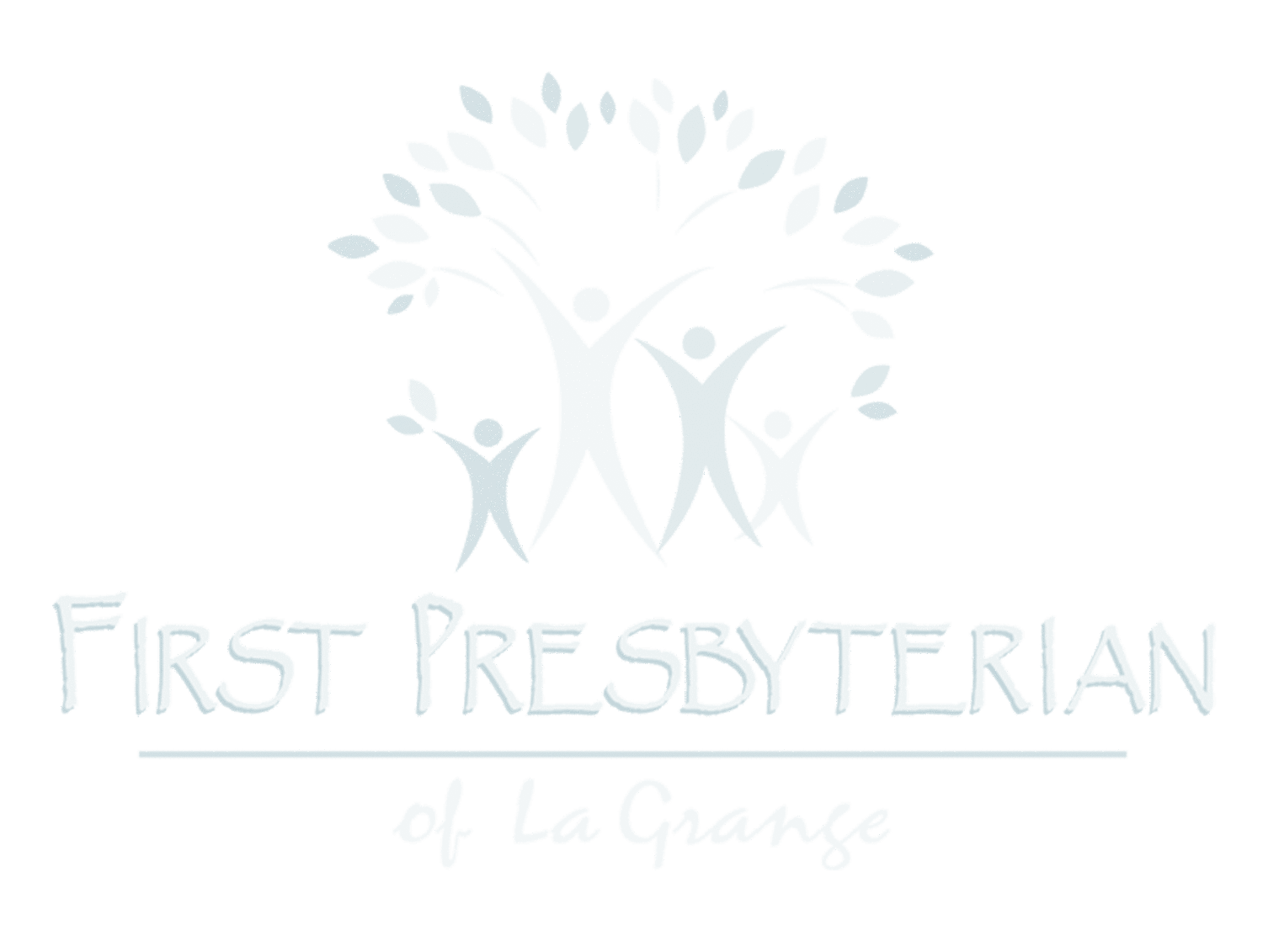Dear Friends:
For those of you who missed yesterday’s sermon, I spent some time with the great Yiddish word for whining and complaining, kvetch. It’s from the Middle High German quetzen meaning “to squeeze”, which fits because there is a squeezing feeling in your gut when you begin to whine. The Children of Israel repeatedly kvetch throughout the wilderness experience—they’re not unique; it’s what people do.
On Saturday afternoon I was shopping at the Jewel by my house for the ingredients of a Greek salad that Dani was making and had again become frustrated by the whole experience. I needed cannellini beans, so stupidly wandered down the aisle clearly marked “Rice and Beans” only to find them in the aisle marked “Pickles and Olives”. Dani suggested we have pita bread, which, obviously, was not anywhere near the bread or the flat bread, but tucked away at the end of the deli. This I discovered after asking four different employees for the location of pita bread; three of them just shrugged and said, “I don’t know,” and walked away. The fourth tried to sell me naan, which isn’t pita bread! We also needed some romaine, which I could not find with the lettuce, but there was some very tired looking romaine in the organic bin. I prefer my vegetables decidedly inorganic, but I was left no choice. This was compounded by the fact that the day before I discovered my cauliflower had been mislabeled at $5 for 13 ounces rather than the $1.99 on the shelf-tag.
So, when I arrived at the cash register and my cashier asked if I found everything okay, I was in my “ignorant white guy” mode, ready to unload a boxcar of kvetch! I also realized there were several people in line behind me whom I did not want to detain, so I moved my disgust to the service desk and began to shovel my vitriol in the direction of the front-end manager. By the time I was done, I was fairly pleased with myself for using no bad words or demeaning the particular employee in any way, but I felt I had been excruciatingly clear. I then paused for what I knew would be her deeply inadequate defense.
In 1962, President John F. Kennedy gave an address on the first anniversary of the Alliance for Progress. This organization was established by the Kennedy administration to build economic cooperation between Latin America and the United States. Kennedy was frustrated with several dictators who responded to domestic protests with implacable suppression. In his speech Kennedy said, “Those who make peaceful revolution impossible, will make violent revolution inevitable.” [Public Papers of the Presidents – John F. Kennedy (1962), p. 223.]
Kennedy’s point is well taken and should be acknowledged by any leader faced with a kvetching populace. If a system, be it sovereign nation or church congregation, cannot respond to the concerns of the people, then leadership should be prepared to face serious consequences. This is why communication and responsiveness is crucial to the ongoing vitality of any organization. Long before JFK talked to Latin American dictators, Protestant Reformers imbedded the concept of a “learning system” into the charters and by-laws of their churches. I like to remind FPCLG members they are welcome to meet with Session, our own decision-making body, at any stated meeting. Our Book of Order requires that they be heard.
It is, of course, my own overly-inflated ego that finds a tie between my produce rant and international diplomacy, but dag-nab-it, cannellini beans aren’t pickles!
As I stood my ground, the Jewel manager leaned forward and offered what may have been the most brilliantly diplomatic response possible. “Yes,” she said, “The place is falling apart!”
I don’t think that was what the Jewel Manager’s Handbook told her to say, but I was really pleased to walk out of the store having been heard, and having been told the truth.
In the end, isn’t that what we really want from our leaders?
Occasionally shutting up long enough to listen, I remain
With Love,
Jonathan B. Krogh
Your Pastor

